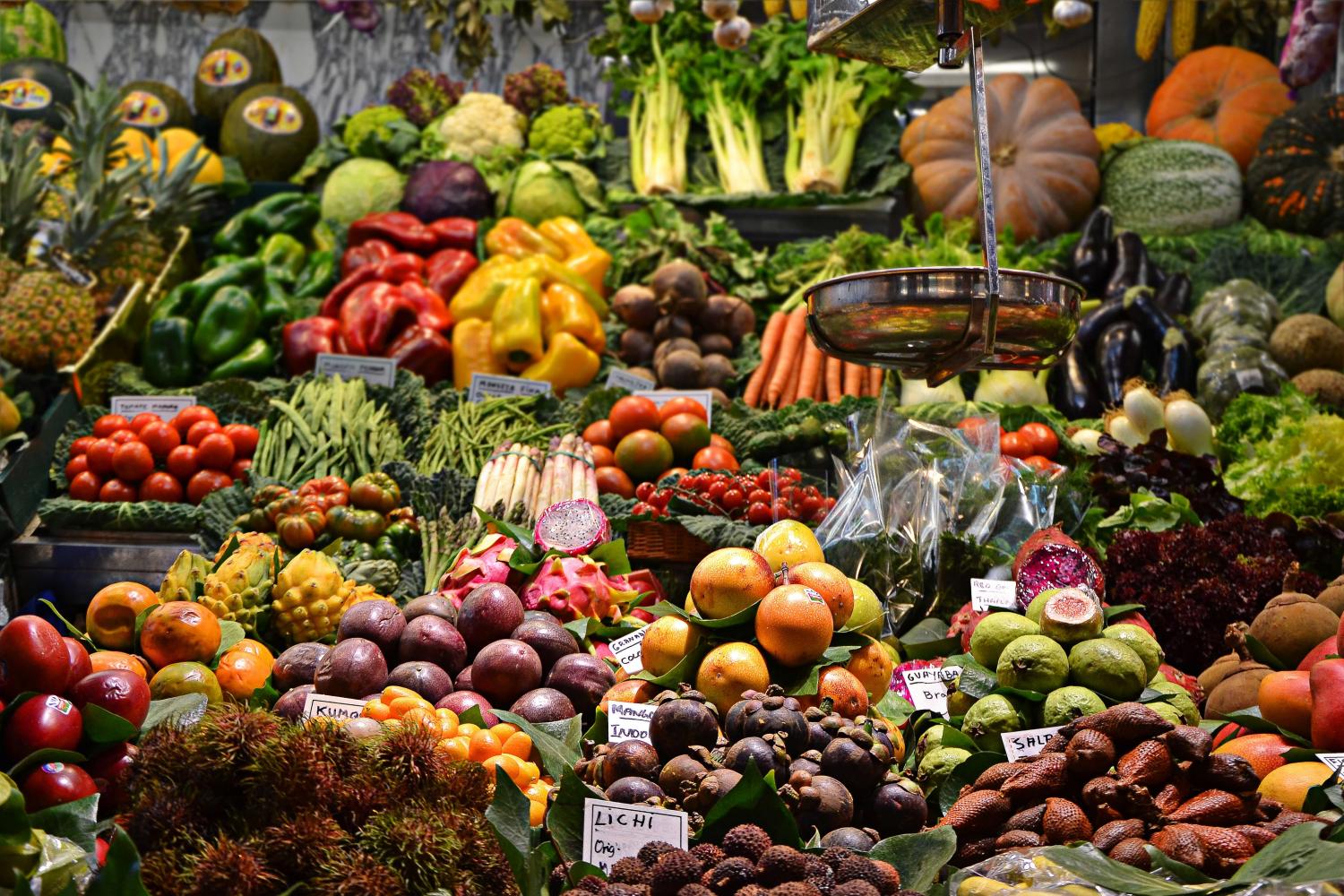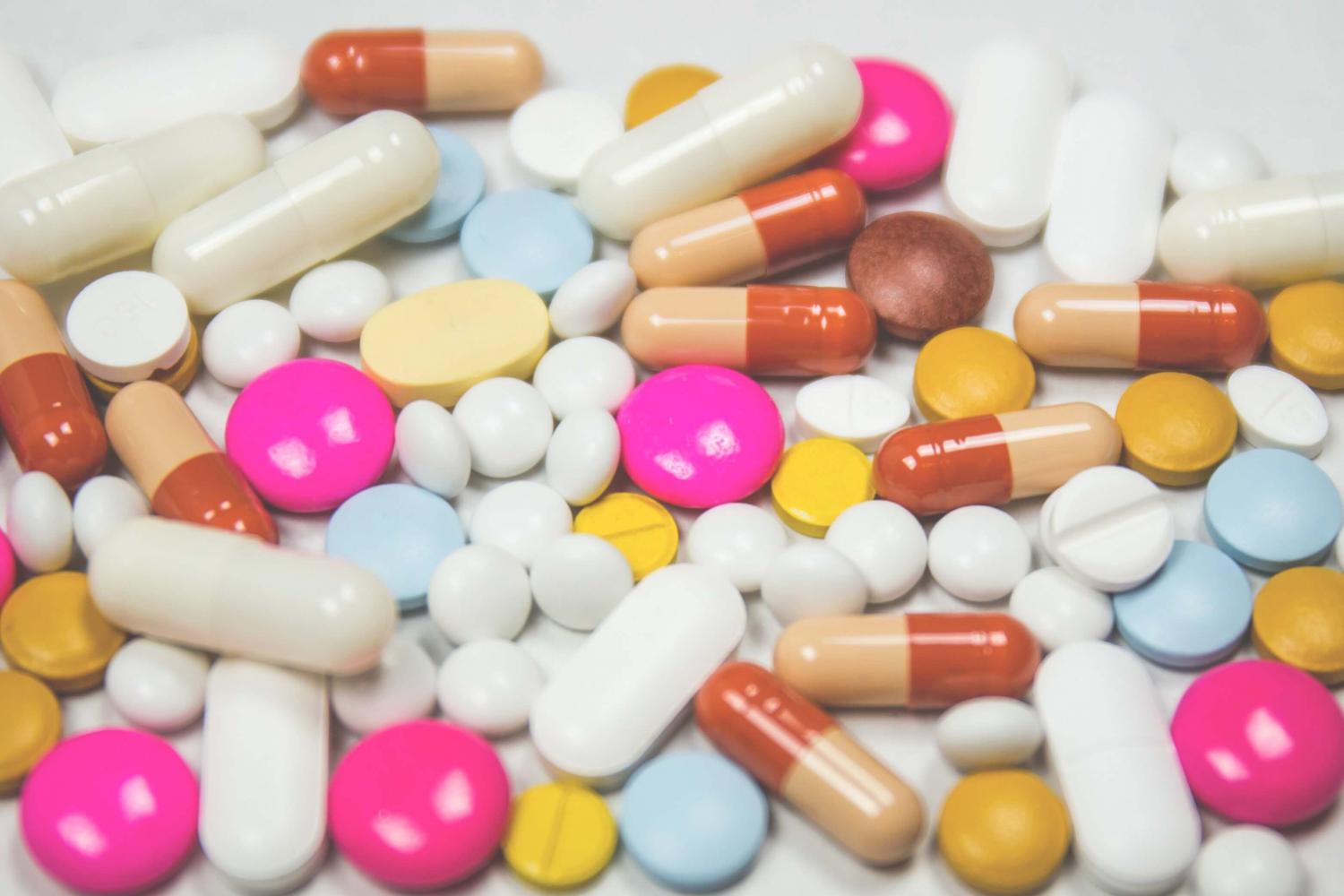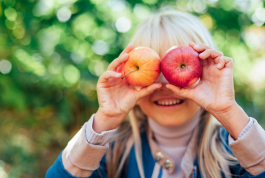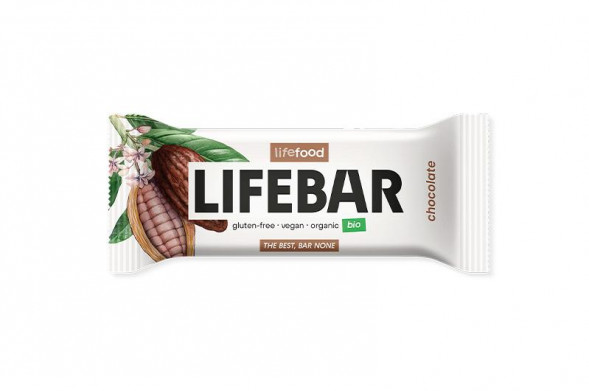Refined sugar is an unnatural food for the human body. By processing raw sugar cane juice into sugar, almost all vitamins, minerals, nutrients and fiber are removed. What remains are just empty calories.
Thus, industrially processed sugar has virtually no nutritional value for our bodies. It only gives us energy that, if not used immediately, turns into fat and is stored in the body. This gradually leads to becoming overweight and causes obesity as well as many other health problems.
Digesting and processing refined sugars puts a strain on our body. Consuming large amounts of sugar spikes blood sugar, resulting in an insulin response. The pancreas releases a large amount of insulin that regulates blood sugar levels, but often the blood sugar drops too low as a result of the high amount of insulin released into the blood stream - leading to hypoglycemia. Frequently alternating between these two extremes leads not only to unpleasant bodily sensations, but also to insulin resistance and often to type II diabetes as well.

Excessive Sugar Consumption
The human body needs sugar for metabolic processes. The ideal source of sugar comes from solid foods that contain other important nutrients and fiber in addition to sugar, for example fresh fruits and vegetables. However, in today’s Western society we consume far too much refined sugar.
Refined sugar is not only present in sweets and sodas, it is also added to about 80% of industrially processed foods; foods where one would not expect to find any. Sugar is added to various drinks, cereals, dressings, yoghurts, pastries, potato chips, alcoholic beverages and more. For example, ketchup is almost 25% sugar.
By eating everyday common foods, we unknowingly consume an unreasonably high amount of sugar.
Sugar from Natural Foods
The essential nutrition and energy for our bodies should come from whole natural foods in their purest form (fruits, vegetables, nuts, quality cereals and legumes), which in addition to energy contain high amounts of nutrients, vitamins, minerals, enzymes and fiber.
Fiber slows sugar absorption. Whole natural foods have a low glycemic index, so the sugar is released into the blood slowly and gradually along with other nutrients. The pancreas releases the optimal amount of insulin and maintains a stable blood sugar level. This has a positive effect on the whole body. By supplying not only sugar but also other nutrients, the body receives not only energy, but also nutritious substances and as a result you will feel satiated for longer and will no longer feel cravings soon after a meal.
Consuming whole, fresh, ripe fruit doesn’t lead to elevated blood sugar, as long as the body isn’t clogged with excess fat. It is therefore a myth that any and all sugar is bad for you. Unfortunately, in the eyes of the general public, fruit has been thrown into the same bag with refined sugar and sweets.
Whole fresh fruit is a good source of carbohydrates, cleverly packaged into one serving with other essential nutrients. It is a highly nutritious food that meets our nutritional needs better than any other food category. The sugars contained in fruit are an ideal source of fuel for the human body, because the body absorbs this energy easily with minimal strain on our digestive system. This process eliminates the toxic waste byproducts generated by digesting almost all other types of food. The only by products not absorbed from fruit is water and fiber, which leave the system naturally. Soft, soluble fiber contained in whole fruit ensures that sugar is absorbed into the blood at an optimal rate, so elevated blood sugar from eating fruit is out of the question.

Refined Sugar and Processed Foods
On the other hand, refined sugar, sweets and the vast majority of industrially processed foods have a high glycemic index. After consumption, sugar is released into the blood stream in large quantities almost immediately. Our bodies try to keep the blood sugar levels stable and balanced.
The pancreas reacts by releasing high amounts of insulin that converts excess sugar into fat and stores it in the body. As a result, blood sugar levels drop very quickly. Low sugar levels then cause hunger and cravings, especially sweets, creating a vicious cycle.
This condition of unstable blood sugar is usually accompanied by feelings of malaise, reduced performance and ability to concentrate, bad moods and evendepression, or in extreme cases even fainting. Frequent and extreme fluctuation of blood sugar leads to becoming overweight, and can cause obesity, type II diabetes as well as other chronic diseases.
By including as many natural, unprocessed foods as possible in your family diet, you can positively affect the physical and mental health of yourself, your children and loved ones. By switching to a more natural diet, your taste buds regain balance and you will begin to enjoy and appreciate the natural sweetness of whole unprocessed foods.
Sugar Addiction
Experts agree that sugar is highly addictive. Sugar releases dopamine and opioids when consumed and has a similar effect on the brain as alcohol, nicotine and other drugs. Sugar makes us feel better temporarily, but with time the body builds up a tolerance and we require more and more sugar to make us feel better.
If the body doesn’t continually receive higher and higher amounts of sugar, withdrawal symptoms set in:tremors, binge eating, cravings,nervousnessand anxiety, nausea, lightheadedness, irritability orfatigue.
When treating sugar addiction it is recommended to switch to healthy foods with a low glycemic index - natural whole foods in their purest form (fruits, vegetables, nuts, good quality cereals and legumes).

Influence of Refined Sugar onthe Human Body
- contributes to hyperactivity, mood swings, anxiety and depression (blood sugar fluctuations)
- leads to both obesity as well as malnutrition (energy with no nutritional value)
- drains the body's mineral supply, especially calcium
- acidifies the body, creating an environment in whichmold, viruses and bacteria thrive - increases inflammation
- Causes pH imbalance in the body (hyperacidity of the body)
- dulls the taste of naturally sweet foods (fruits, vegetables)
- negatively affects intestinal microflora - leads to bowel disease and negatively affects theimmune system and psyche (more and more experts point to the connection between the gut microbiome and depression)
- causes digestive problems (stomach hyperacidity)
- causes liver problems (storage of excess sugar in the form of fat in the liver)
- causes metabolic disorders
- contributes to cardiovascular disease (conversion of excess sugar into fat)
- accelerates the aging process
- reduces the quality of hair, skin and nails
- significantly raises the likelihood of developing type II diabetes

In the UK, one in ten over 40s now has Type II diabetes, and the number of people living with all types of diabetes has reached 4.7 million in the UK. The number of people affected by diabetes is expected to reach 5.5 million by 2030. Diabetes leads to a variety of other diseases (kidney disease, visual impairment, hypertension, cardiovascular disease, vascular blockage, neuropathy, dementia, etc.)
Therefore, we at Lifefood make all of our products from natural, raw and chemically untreated ingredients without any added sugar - for you, your children and loved ones.
Sources:
Consumption of sugar sweetened beverages
Plant versus animal based diets and insulin resistance, prediabetes and type 2 diabetes
Therapeutic effects of soluble dietary fiber consumption on type 2 diabetes mellitus









